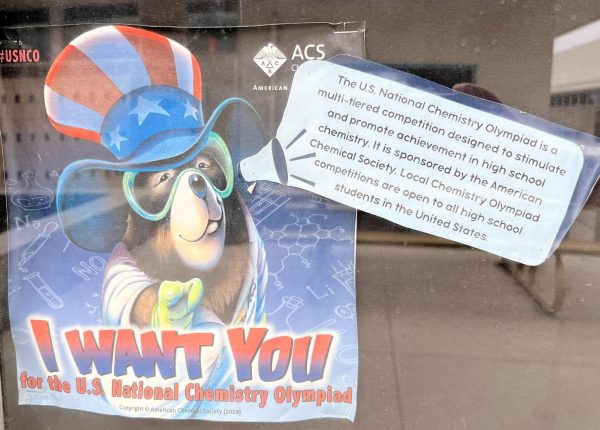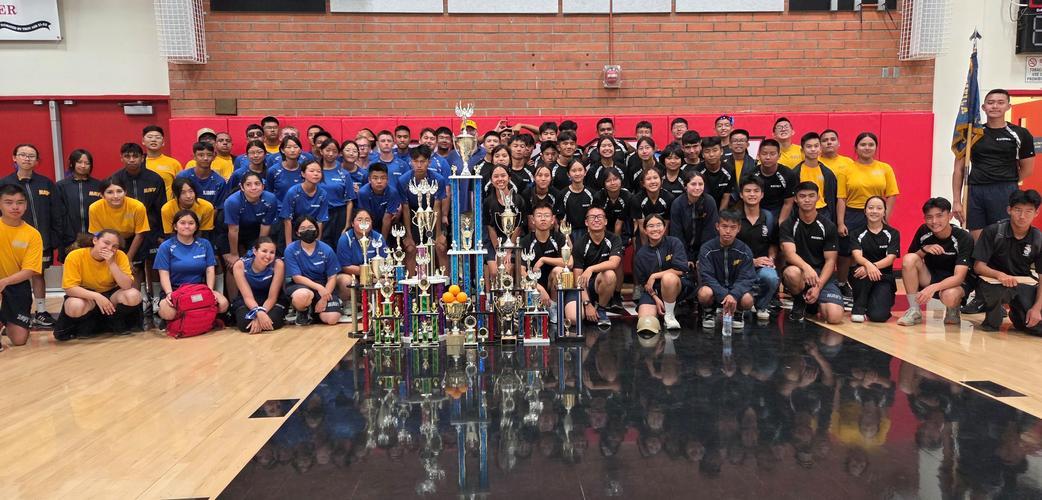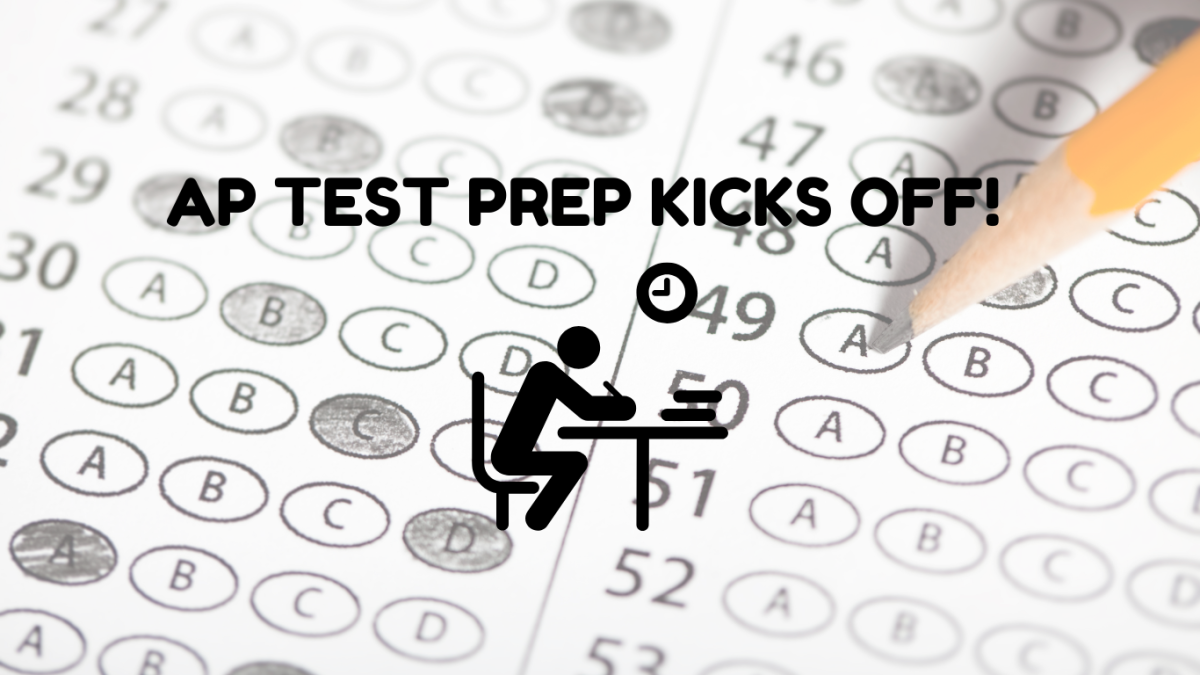Colleges love academic competitions. At least, that’s the message in nearly every piece of college advice. From debate tournaments to math olympiads, these competitions are consistently on the checklist of what colleges “like to see”. But beyond the surface of impressing admissions officers, are academic competitions truly worth the time, stress, and pressure they bring? It’s time to take a closer look at what these competitions offer, but also the potential drawbacks for students. Are they a worthwhile activity?

Beyond offering a chance to prove academic performance to colleges, these competitions also push students to deepen their knowledge, hone critical thinking skills, and ultimately grow their confidence. Students often enter these contests feeling uncertain about their abilities, but it’s a process of growth. Through studying, then competing, and perhaps even winning, students can reveal their hidden strengths. For instance, Bach Nguyen, a senior, reflected on his three years in the Academic Decathlon and gold medal at the International Medical Journalism Olympiad, saying that the experiences “really made me a confident person and showed me there is a side to me which I never knew existed.” Achievements like these can be motivating and affirming, especially for students who may initially doubt themselves. Bach even admits that at first, he was hesitant about participating: “Freshman year, I wanted to do these competitions so badly, but I also thought that our school didn’t have enough clubs or that I wasn’t smart enough.” It ended up working out very well for him, though, and he demonstrates the benefit of sticking with something, even if it may seem futile. Similarly, Jenna Whang, who earned the highest score in her school for the Chemistry Olympiad in her Junior year, described how taking part in this test revealed her “talent in chemistry, as well as a passion for this area.” Similarly to Bach, she noted how she wasn’t very confident in her ability, but after taking it, she found it a good experience that grew her trust in her abilities. In both cases, these academic competitions helped them grow, pushing them beyond what they thought they could accomplish. So, college applications aren’t where the benefits for these competitions stop; they also build resilience, confidence, and academic skills.
On the other hand, academic competitions come at a great cost. The pressure to perform well can be intense, and students may feel compelled to cram studying into a short time, sacrificing rest and balance. Bach even admitted there was a time when he “had to cram it in one night”, so he used YouTube videos and flashcards to prepare. While this strategy was effective and worked for him, this situation highlights the potential stress and exhaustion students may face. Furthermore, the level of difficulty in these competitions can be intimidating, especially to students participating in these competitions for the first time. Jenna described the exam as “definitely a very high-level, college chemistry”. This difficulty can require a lot of mental energy, which may discourage students who might benefit from exploring their academic interests in a less competitive environment. However, it can also be seen as a benefit, as it shows students the true nature of what they may want to pursue in the future.
While academic competitions are a double-edged sword, they are ultimately worth it. They can ignite undiscovered passions, unlock talents, and foster confidence. At the same time, they can bring stress and pressure. Done right, though, with the correct approach, students can balance academic competitions with their other interests and gain valuable experience from them. Students who are willing to take those risks will find that competitions can be transformative, leading to personal growth and discovery.


















